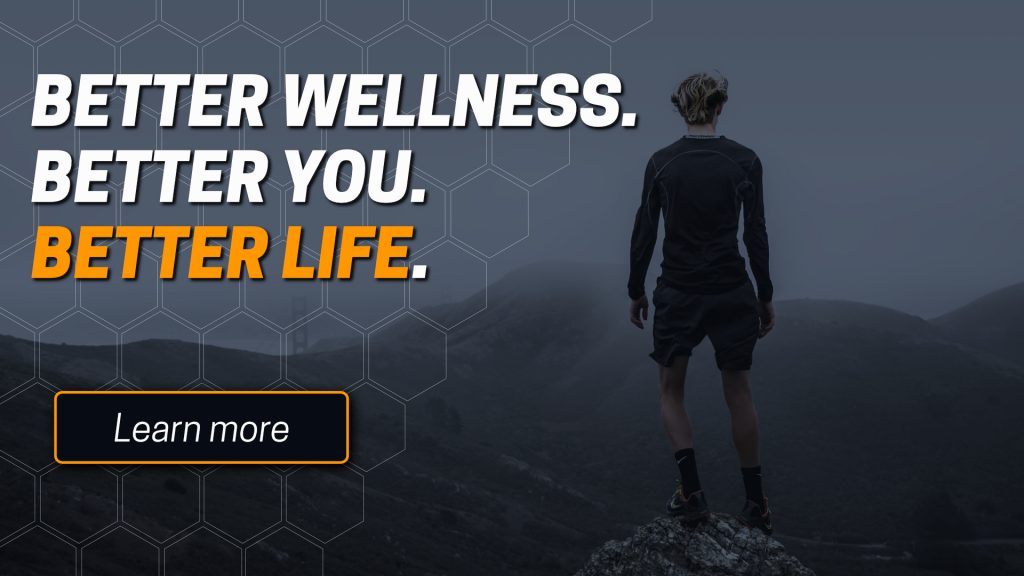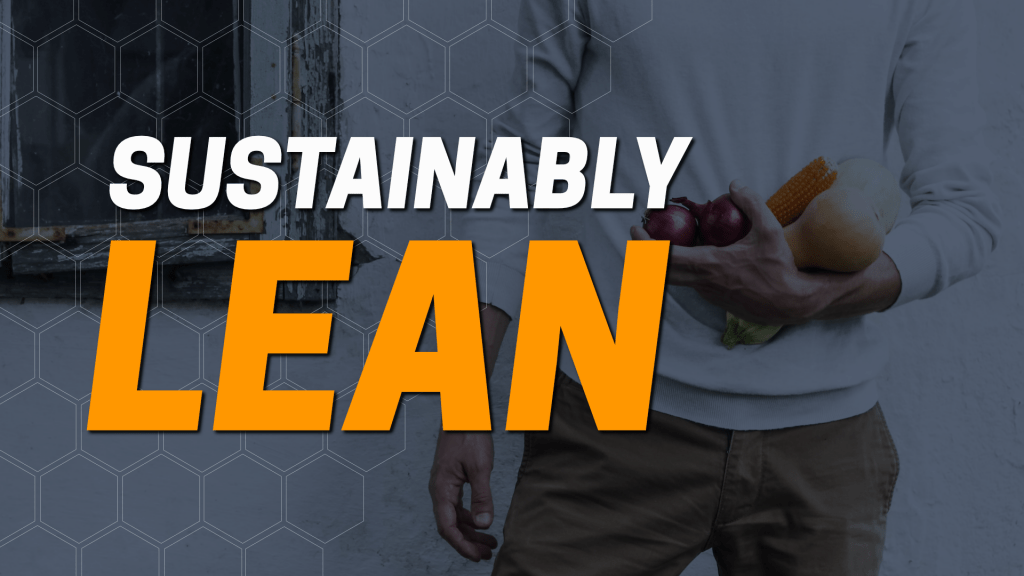Want to feel better? Eat better.
Wonder what mindful eating has to do with it? See…
Millions of people mindlessly eat crappy food all over the world – every day.
How do we know that?
We have witnessed it while nomading around the globe.
Unfortunately, the food industry has changed what we eat on a daily basis.
Additionally, modern media, technology, and lifestyle adaptions influence how we eat.
For the past 35+ years we’ve (co-)lived with our families, in single apartments, and with other peers.
Ketty grew up in Sicily, Italy, and Markus in Bavaria, Germany.
Ketty with pasta, meat, and white bread, Markus with meat, potatoes, and also a lot of bread. We both had a sweet tooth and loved sweets and sugary snacks.
Meat was a regular part of both of our diets.
This combination kept us unfit, added some extra kilos, and drained our energy.
On top of that allergies and intolerance to certain foods made us overthink our way of eating.
On different paths, we wanted to eat better and feel better – every day.
We wanted an improved quality of life. So we became mindful and intentional about what we eat and how we eat.
How mindfulness helps to eat better
Conscious food choices are a great start but not the same as mindful eating.
Mindfulness is a consciousness-expanding form of attention (to oneself, others, and/or the environment) with the activation and use of high perceptual abilities.
This form of reflective attention is non-judgmental, present-oriented, and is accompanied by a rational motive that is free of selfishness and egocentrism.
Here are 7 mindful eating tips we’ve learned along the way:
1) Unravel your bad relationship with food
Before you can truly eat better and feel better, it is important to understand your status quo.
Analyzing your behavior, and the signs and symptoms of your food choices and eating habits are the first steps to take.
Mindful eating practices give you simple, smart, and handy tools to become more self-aware.
The key here is reflective attention – the pure observation of your thoughts, emotions, and body reactions.
On your journey of eating and feeling better, you might also relieve stress, become mentally and physically lighter, and you sense more freedom.
some of the signs and symptoms you might discover
- You feel guilty about eating.
- You have established a long list of restrictions around the food you allow yourself to eat (or not to eat).
- You are counting calories or using apps to tell you when you had enough for the day.
- You ignore your body’s natural hunger cues.
- You have a history of yo-yo-dieting or are following the latest dieting trends.
- You encounter yourself restricting or binging food.
You might experience only one or two of the signs mentioned above – or all of them.
It doesn’t matter.
What matters more is that you become aware of them and bring them to the surface.
Accepting things as they are is the first step to real change.
2) Discover bad eating habits
Mindful eating helps you uncover bad eating habits.
But what are habits?
Habits are the automated programs of your subconscious making your life easier.
You start a certain behavior. You keep on repeating it till it becomes a habit.
It’s a mechanism your brain establishes to make your life easier.
The reason behind this: we don’t have to think of every single action or decision we take.
It’s our “energy-saving” system.
Most “bad” or “negative” habits are developed unconsciously.
The observatory state of mindfulness helps you to explore e.g. bad eating habits in an emotionally secure environment.
You don’t judge. You just notice and become aware.

Some bad eating habits examples
Distraction aka mindless eating
You turn on the TV to watch anything every time you sit down for your meal.
Or scroll through your social media feed while eating your lunch.
This way your attention is more on the distraction than on your plate.
Emotional Eating
Maybe you eat this chocolate bar every time you had a stressful day and feel this lack of energy at 4 p.m.
Or, you see it as a reward if you have accomplished something great throughout your day.
Eating too quickly
Your calendar is packed with appointments.
You only got 20 minutes in between online meetings and you wolf down your lunch.
And sure, after that, you just feel bad.
Can you relate?
3) change your behavior
Sustainable change starts with a clear goal in mind.
Whether your goal is to become healthier and more vital. Or you need to get more clarity about your personal eating behavior.
Mindfulness can support you in this process.
The way to this clarity is rather a conscious process of stripping down all the layers that cover your real goal.
Mindful eating allows you to consciously explore your relationship with food and discover your behavioral traits.
Chances are you don’t always like what you discover.
Mindfulness practice supports you to work yourself through this discomfort.
4) Grocery shop, cook, and eat like before – just better
As mentioned before – our lives are created by our habits – day in and day out.
Think about it for a moment.
In terms of your diet, you usually eat what you know and have always eaten.
Maybe, in the same way, your parents have cooked (even the way they prepared it), and the way your family sat down to eat breakfast, lunch, and dinner.
Did your grandparents or parents grow their own food, or baked their own bread?
You get it, right?
How to - Mindful grocery shopping
- Mindfully observe how you put together your grocery shopping list.
- Develop the awareness while walking down the aisle in a supermarket. How are the products placed? How are they offered and marketed?
- It’s just as much about the journey as the destination. This is why food prep starts with grocery shopping.
-
And finally:
Do you cook with focused attention? Or, do you cook at all? How often do you eat out or order food?
5) Eat better – intuitively
Great.
So far, you have
- reflected on your relationship with food and some of your poor eating habits
- learned how habits formed your behavior and thus your life
This is the power of mindfulness.
Mindful eating is an excellent tool to improve your relationship with food.
It helps you to accept and let go of the old.
In order to create space and embrace the new with openness and curiosity.
Your lifestyle [life] becomes an adventure from moment to moment.
And you are the explorer. You are Indiana Jones (or Lara Croft).
This practice helps you to consciously and intentionally set a goal for a healthy lifestyle and develop the habits to get there.
The intuitive part kicks in when you feel and sense what you do, how you do it, and especially why you do it.
Intuition = Knowledge + Experience
6) Pleasure-boost your eating experience
Mindfulness is a tool to plunge into the present moment.
What exactly does that mean?
It means you don’t rehearse past experiences or anticipate future ones.
Forget how this exact same dish tasted last time.
Or how good it felt to eat together with another person.
No thoughts, no feelings, no emotions – just sensing and enjoying the moment.

Mindful eating means being fully present in the HERE and NOW. With all your senses.
- You OBSERVE what’s on your plate or on the table. The food decoration and the way it is served.
- You SMELL all those different aromas - even ingredients and spices.
- You LISTEN to a calm and relaxing ambient music that doesn’t distract you.
- You FEEL the texture of the various parts of your dish.
- You TASTE the flavor or even flavors of this single bite you put in your mouth.
Have you ever consciously experienced food this way?
7) Balanced eating – balanced life
By sensing what feels good for your body and mind you establish new habits [automated programs] for a healthier self.
Mindfulness and mindful eating will impact your life in the long run.
You become more open and curious.
You want to try new things and experiment.
Finding out what you like and what benefits your body.
Knowing and understanding yourself better [self-awareness] improves your relationship with food.
Happiness is not a state. So isn’t your health nor a balanced life.
It requires constant work and effort, both during the change process and during your continuous evolution.
Over time, mindful eating becomes a lifestyle and you live a more mindful life.
Why?
Because this practice spreads into other parts of your life.
You definitely can change your lifestyle into a healthier and more balanced one.
This will also make you happier.
Mindful eating is a fantastic tool to drastically and sustainably improve your relationship with food.
Whether you want to eat healthier for your well-being, lose weight for your health and self-confidence, or whatever reason you may have, mindful eating is going to be your biggest ally.
Having a consciousness-expanding form of attention is going to change your overall approach to food and nutrition.
Follow those 7 tips and start your mindful eating journey today.
“The Extra Byte”
Mindfulness is about love and loving life. When you cultivate this love, it gives you clarity and compassion for life, and your actions happen in accordance with that.
Jon Kabat-Zinn Tweet
Every time you eat or drink, you are either feeding disease or fighting it.
Heather Morgan Tweet









